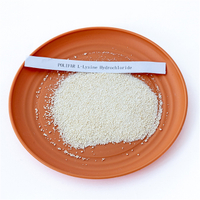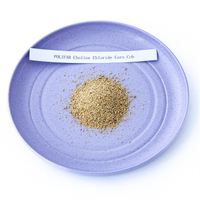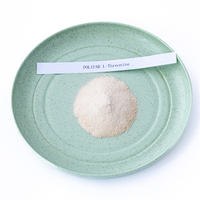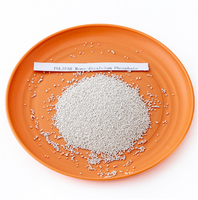| Availability: | |||||||||
|---|---|---|---|---|---|---|---|---|---|
Overview
Quick Details
| CAS No.: | 6132-04-3 | Other Names: | Trisodium citrate dihydrate |
| MF: | Na3C6H5O7 | EINECS No.: | 200-675-3 |
| Place of Origin: | China | Type: | Food grade |
| Efficacy: | Acidity Regulators | Brand Name: | polifar |
| Model Number: | Food Ingredients | Appearance: | White Crystal Powder |
| Shelf Life: | 2 years | MOQ: | 1kg |
| Sample: | Free, ≤100g | Criteria Implemented: | GB 2760 - 2014 |
Supply Ability
| Supply Ability | 220,000 kg per month |
Packaging & Delivery
| Product Packaging: | Our regular package is 25kg/bag |
| Product Storage: | Stockpiled at the ventilated place, avoiding rain, moisture and insolation. Please handle with care to prevent bag damage, away from toxic substances. |
| Loading: | 25MT/20FCL'; 22MT/20FCL' without pallets |
| Delivery: | About 2 - 4 week |
Product Properties
Sodium citrate has many of the above-mentioned excellent properties, so it has a wide range of uses. Sodium citrate is non-toxic, has pH adjustment properties and good stability, so it can be used in the food industry. Sodium citrate is used as a food additive and has the greatest demand. It is mainly used as a flavoring agent, buffer, emulsifier, expansion agent, stabilizer and preservative, etc.; in addition, sodium citrate is compatible with citric acid for various jams, Gelling agents, nutritional supplements and flavoring agents for jelly, fruit juice, beverages, cold drinks, dairy products and pastries.
Specification
| Item | Standard |
| Appearance | White crystals or crystalline powder |
| Assay | 99.0 - 101.0 % |
| Loss on drying | 11.0 - 13.0 % |
| Chloride(Cl) | ≤ 50 mg/kg |
| Sulfate(SO4) | ≤ 150 mg/kg |
| Heavy metals(Pb) | ≤10 mg/kg |
| Oxalate | ≤ 300 mg/kg |
| Usage | Acidity Regulator |
FAQ
Q1: What is Sodium Citrate?
A1: Sodium citrate, the sodium salt of citric acid, is a commonly used food additive used to adjust acidity and enhance food taste.
Q2: What is the difference between the uses of sodium citrate and citric acid?
A2: Sodium citrate is commonly used as an acidity regulator and antioxidant, while citric acid is more commonly used for flavoring and acidification.
Exhibition







